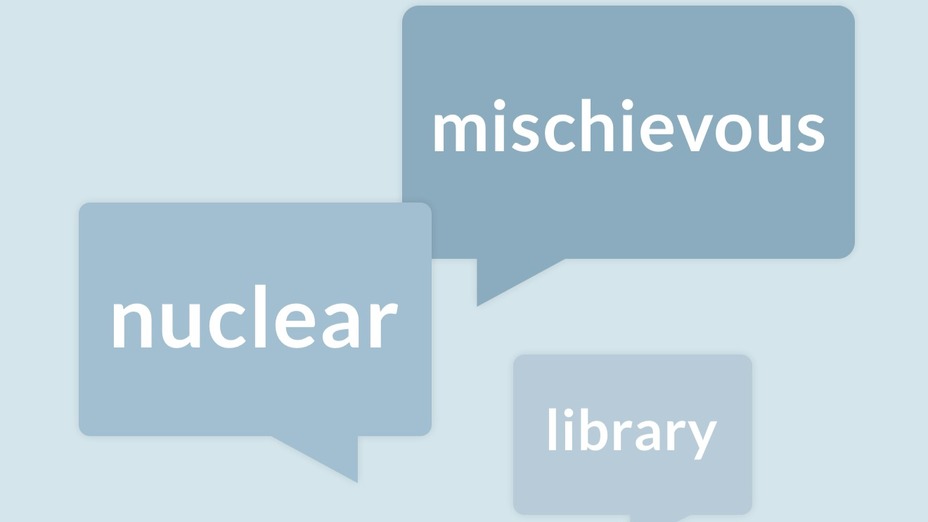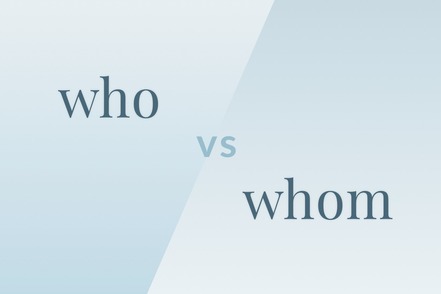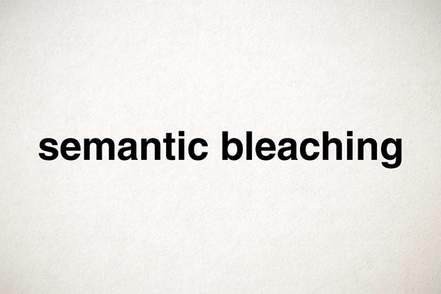TRANSCRIPT
Welcome to Ask the Editor. I'm Emily Brewster, an associate editor at Merriam-Webster.
A mischievous nuclear scientist went to the library.
Does that annoy you? Sorry, or maybe it sounded fine to you.
Okay. My silly sentence included three questionable pronunciations ...
mis-ˈchē-vē-əs instead of mis-chə-vəs,
nyü-kyə-lər instead ofˈnü-klē-ər,
and lī-ˌber-ē for ˈlī-ˌbrer-ē,
... all of which are in our dictionaries. But we don't simply enter the variant pronunciations and leave it at that.
Each is introduced by a symbol that tells the reader that the variant occurs in educated speech but is considered by some to be questionable or unacceptable. In other words, use with caution.
But where did these variant pronunciations come from?
One source is the influence of other words. Nothing rhymes with mis-chə-vəs but mis-ˈchē-vē-əs has devious and previous to make it sound correct.
In the case of nyü-kyə-lər, the less familiar -klē-ər sound is replaced with the -kyə-lər of words like circular and molecular.
Li-ber-e lost its R due to dissimilation. That's when you change or omit one of two identical or closely related sounds in a word, usually R.
These explanations hardly comfort those who really dislike the variant pronunciations. These folks would like us all to say, a mischievous nuclear scientist went to the library because it reflects spelling. The problem with this reasoning is that English pronunciation quite frequently demonstrates utter disregard for spelling.
How do you spell through?
Uh-huh.
And though?
Mmm hmm.
And how about rough?
Right.
You see, spoken language is primary, not written language, and in the case of English, the language as it's spoken continues to change while its spelling is pretty stable and is largely based on the spoken language of several centuries ago, back when two knights were twō knikts.
For more from our Ask the Editor series visit merriam-webster.com.











